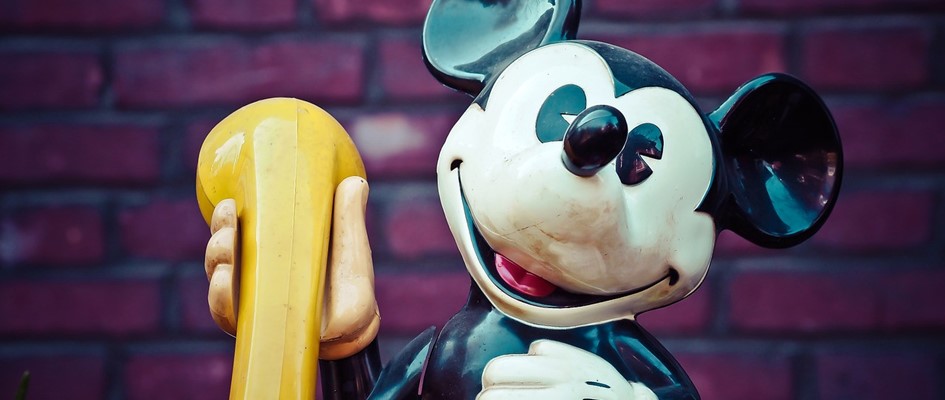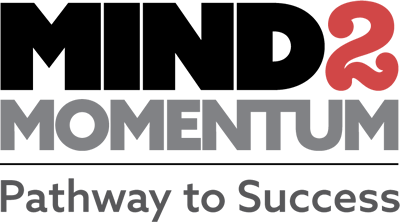Disney is all about the show. Disney Parks and Resorts are a massive stage for that show. Everything the company builds, does, and communicates reflects the product of the show. But we're not just talking about small show, we are talking about show on the most of scale done with elite precision and professionalism. Words matter, and Disney takes a great deal of pride in building and maintaining culture through common language.
1. Are your people part of a unified tribe?
Disney Parks and Resorts and its team members are in the show business, which is why you will never hear anyone inside the company refer to them as employees. They are cast members, and they put on an ongoing series of spectacular shows all day long, every day. Disney cast members are actors, and they perform their jobs with show business top-of-mind. They refer to each other as cast members or specific characters, such as Snow White or Prince Charming. Why? Because fantasy and show don't come to life unless cast members are always in character.
2. Are your locations and assets more than just utilitarian?
It is especially true that cast members are always in character when they are what is referred to by Disney as on-stage. On-stage mean you are within sight and ear shot of guests. When cast members are on-stage, uniforms, behavior, appearance, and vernacular are consistent with the show of the given park and even specific area or attraction of the park. The brand promise of entertainment with heart is maintained and protected at all costs (short of safety and courtesy). Cast members put extra care in maintaining on-stage facilities, because they know the show depends on immaculate appearances consistent with mythical lands. Off-stage in Disney language refers to areas guests cannot see, hear, or access. Those areas are for business functions, storage, and decompression, so costumes and vernacular may be more relaxed, but even in those areas common terms like cast member are still used because they are so ingrained in the culture. Speaking the Disney language is second nature to cast members, and it represents a way of life and deep connection to the heritage and culture of the company. You aren't just another employee or even team member at Disney Parks and Resorts--you are a cast member--a part of the show.
3. Are your everyday tasks meaningful and disciplined?
Disney Parks and Resorts do a great job of making sure every task and function is relative to the brand promise of entertainment with heart and the mission of creating happiness. Holding true to the theme of the show, rides are referred to as attractions. Attraction lines are referred to as interactive queues with FastPass+ and standby (think show business). Human "accidents" are referred to as protein spills. Janitors are called custodians, and they know their role is a critical element in keeping the 'stage' of the show immaculate. Engineers are referred to as Imagineers. Disney Parks and Resorts literally have a phrase for nearly every seemingly mundane function. Why? Because it keeps visitors and cast members in a fantasy state of mind. If it would sound like any other entertainment venue or amusement park, Disney leaders and cast members work hard to shift the language to make Disney sound and feel different. Disney even drives this point home in the hiring process. One add for employment showed a photo of a bus driver and a young guest, stating, "so some I'm a bus driver, to this princess, I'm her coachman. No role is outside the purpose of creating happiness through fantasy at Disney.
4. Is your language positive and aspirational?
My good friend, Randy, has always stressed that we 'get to' do various tasks at work rather than we 'have to'. He has watched this simple discipline of positive language change employees' perspectives and outlook toward everyday duties and happenings. If one gets to have lunch with a client, that means good things are bound to happen whether you make a sale or not. In other words, it is a privilege to have that appointment. If one has to have lunch with a client, that means it's a chore, and something bad might happen. Everything about Disney is aspirational and positive. They even hire positive, extraverted cast members! Around every corner is a magical experience born in fantasy just waiting to happen. Cast members are charged with simply making magic every day. How much fun would it be to clock in with that basic duty trumping all others? We lean on problem solving language in our training to encourage aspirational thinking, such as 'how might we' and 'what's stopping us'?
5. Are customers truly special to you?
Disney Parks and Resorts visitors aren't just customers--they are guests. They are princes and princesses. They are told 'welcome home' when they enter the resort hotels. Everything about the guest experience is first class, and it all starts with language that reinforces the mission and brand promise of the company. Disney values its guests deeply, but it all starts with how the company first values its internal customer--the cast members. Each role is critical in providing a memorable experience.
Disney Parks and Resorts are different largely because cast members talk differently. This intentional behavior is both trained and cultural, and is--without a doubt--a crucial part of the Disney difference. Explore ways you and your teams can proactively direct the dialogue toward positive aspirations and the importance of each role, function, detail, and asset in fulfilling the brand promise.


